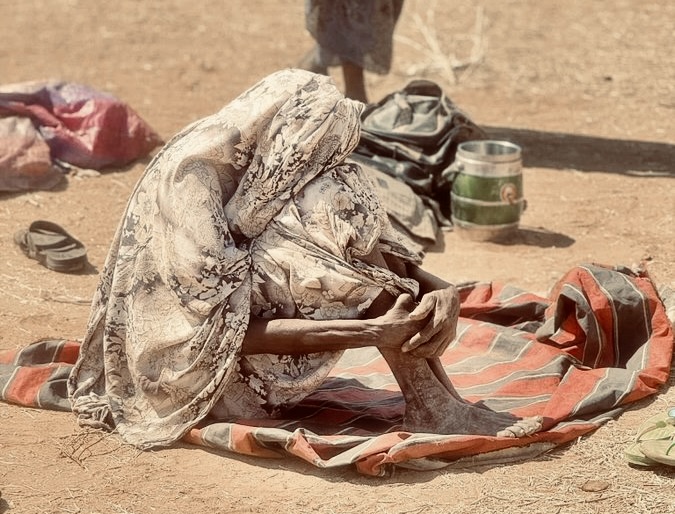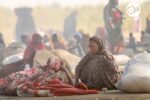Thousands killed in El Fasher as ceasefire talks collapse
28 October 2025
As many as 2,000 civilians may have died in the recent capture of El Fasher, North Darfur State, according to sources in the joint forces.
Sudan’s paramilitary Rapid Support Forces’ (RSF) seizure of the North Darfur capital, El Fasher, marks one of the most consequential and brutal episodes in the country’s ongoing war. The assault came just hours after ceasefire negotiations in Washington collapsed, extinguishing the last flicker of hope for an agreement that might have spared civilians trapped in the besieged city.
For weeks, diplomatic sources hinted that the US-sponsored talks could yield a breakthrough between the RSF and Sudanese Armed Forces (SAF). But according to sources who spoke to Ayin, the United Arab Emirates (UAE) — the RSF’s main backer — refused to address the situation in El Fasher, where over 260,000 civilians had been encircled for over 500 days.
At dawn on Sunday, RSF convoys stormed the city from multiple directions, overwhelming the army’s Sixth Infantry Division, the last SAF garrison in El Fasher. The paramilitary announced full control of the city hours later, declaring the offensive a “decisive turning point” after months of territorial losses to Sudan’s army elsewhere. Witnesses reported chaotic scenes as RSF fighters looted government facilities and civilian properties, while artillery and drone strikes pounded residential neighbourhoods.
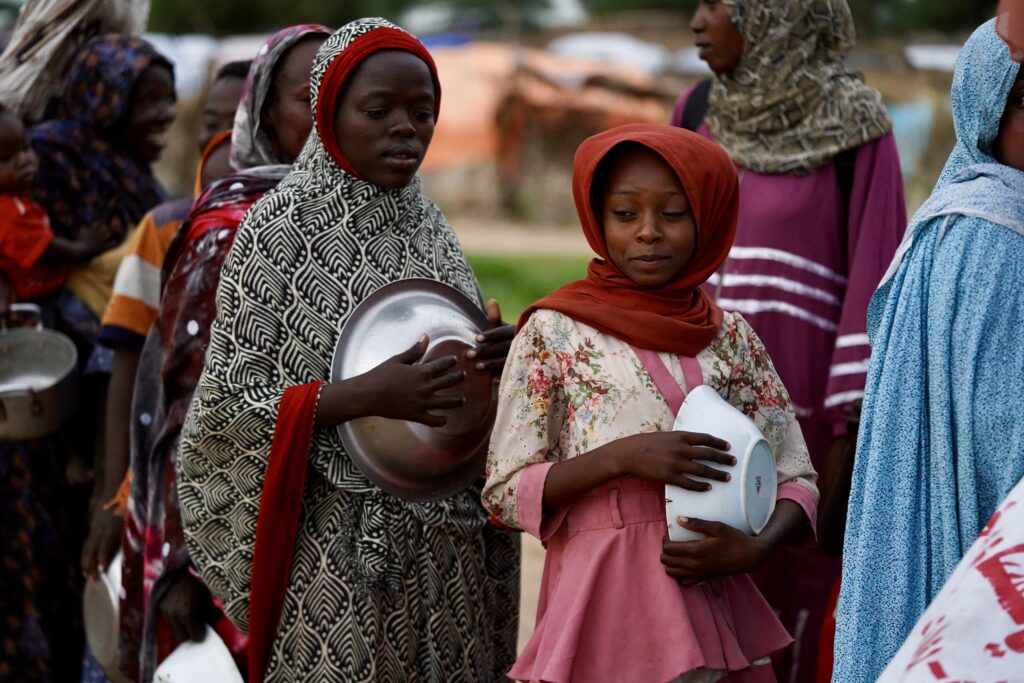
A city starved
El Fasher had endured one of the longest sieges of the conflict. For 18 months, the RSF forces and allied militias cut off all major supply routes, blocking humanitarian aid and preventing food, medicine, or fuel from entering the city. The blockade engineered a man-made famine that had already killed hundreds before the final assault began.
Ahmed*, a resident of El Fasher who fled days before the city’s fall, told Ayin that his uncle was killed in August after trying to smuggle food into the city. “My uncle was shot dead while attempting to bring in basic goods,” he said. “I also know of three women who were raped by RSF fighters during similar attempts to bring food. After the assault, the RSF refused to let them return to El Fasher—they had to escape to Tawila.”
He described the humanitarian situation during the siege as “miserable and heartbreaking.” RSF checkpoints ringed every road leading to the city, where young men suspected of helping smuggle food were reportedly executed. “They were killing young men on the spot,” Ahmed added. “The siege turned El Fasher into a prison — no food, no medicine, only fear.”
Humanitarian organisations have repeatedly warned that the blockade is pushing the city toward famine. Local relief groups, operating in secret, said civilians were forced to eat animal feed. Hospitals closed one after another as medical supplies ran out. “This was not just a siege,” one aid worker said. “It was a slow extermination.”
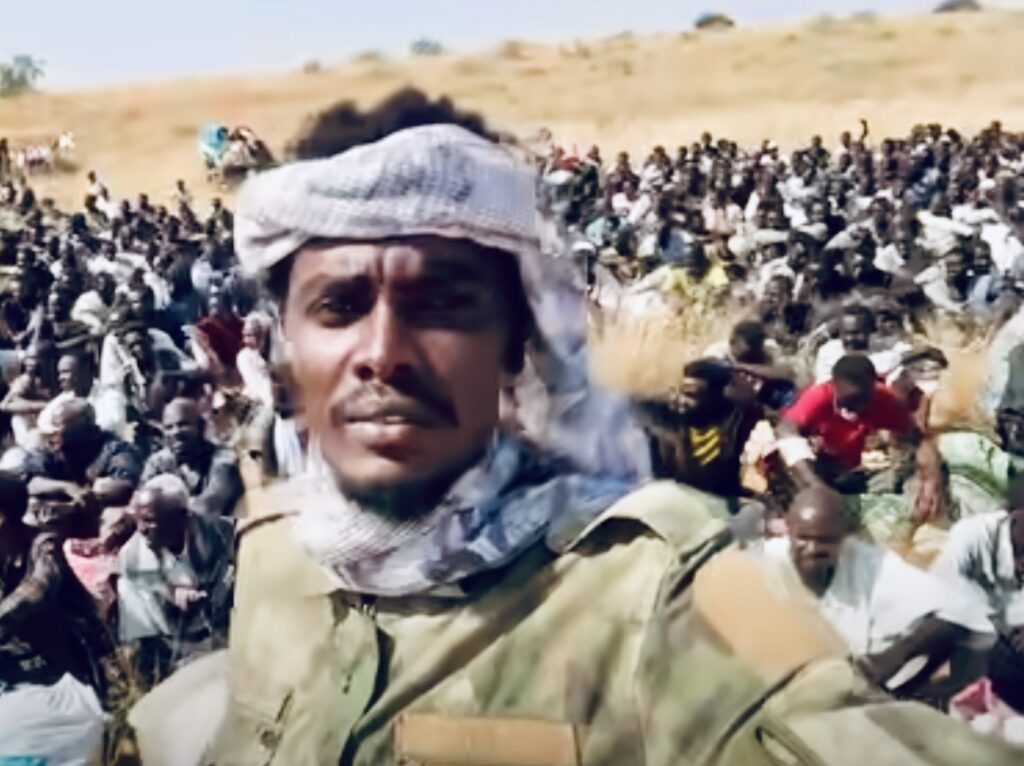
A city in terror
The storming of El Fasher has unleashed a wave of atrocities reminiscent of the ethnic cleansing that took place in El Geneina earlier this war in 2023. Within hours of the city’s fall, graphic videos began circulating online, showing bodies strewn across streets, civilians executed at close range, and homes set ablaze. The scenes revived painful memories for Darfuris who survived past RSF campaigns marked by ethnic and tribal targeting.
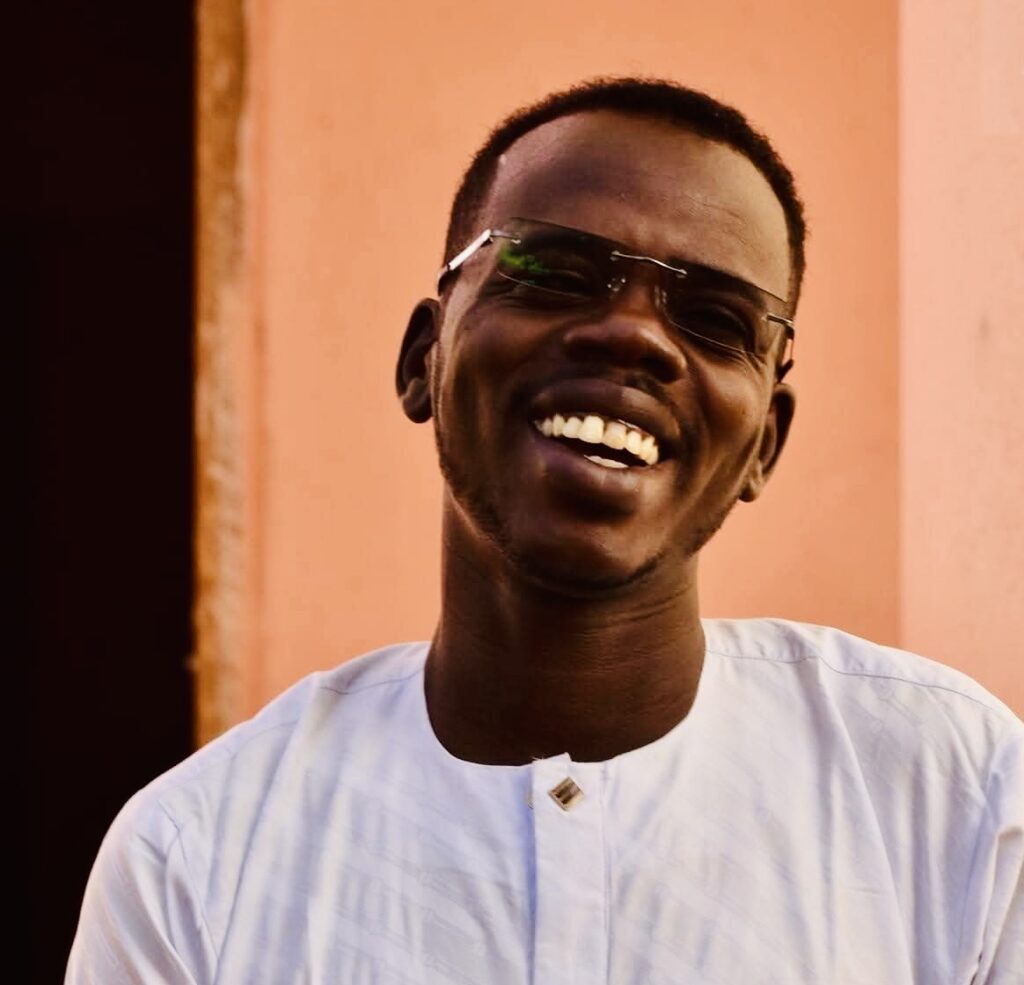
Among the victims of the takeover was Mohammed Khamis Dawood, the spokesperson for Zamzam camp for displaced people, whose killing was reported by several local networks. The RSF also detained journalist Muammer Ibrahim inside El Fasher as he attempted to flee. The paramilitary later posted three videos of him on social media — two showing him under armed guard claiming he was safe, and one video depicting him being beaten. Rights groups strongly condemned his detention and demanded his immediate release.
Residents who managed to flee described widespread killings and arrests targeting young men, activists, and displaced community leaders. “The RSF is moving from house to house,” one survivor said via phone from Tawila. “They’re arresting anyone they suspect of supporting the army or local resistance. People are terrified.”
Satellite imagery by Yale University Humanitarian Lab reportedly shows large plumes of smoke across several districts, suggesting systematic burning of civilian areas.
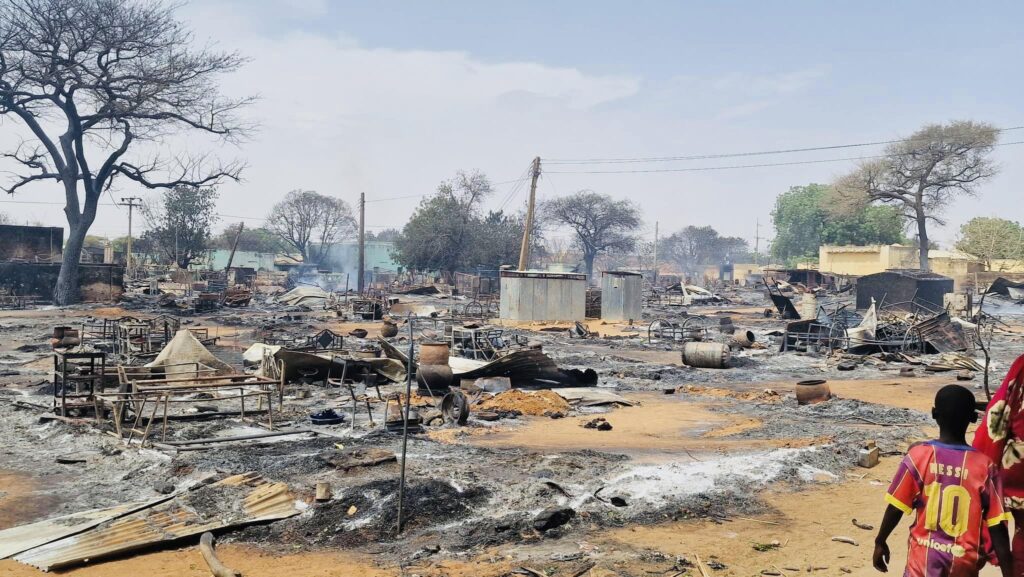
“Another Geneina”
The RSF’s victory in El Fasher represents not just a strategic gain but also a symbolic one. The city had served as a refuge for hundreds of thousands of people fleeing earlier massacres in West and Central Darfur. Its fall now leaves the entire Darfur region under RSF dominance.
For Darfuris, however, the military calculus pales beside the human cost. “This is another Geneina,” said a local activist, referring to the massacres in El Geneina. “The world watched as it happened there—now it’s happening again in El Fasher. People are being killed because of who they are, and no one is stopping it.”
International observers warn that the fall of El Fasher could trigger a new wave of displacement, pushing tens of thousands toward already-overcrowded camps in Tawila and Kutum. With the main supply routes still blocked and aid convoys unable to move, fears of famine and disease outbreaks are intensifying.
In Washington, diplomats expressed alarm but offered few concrete measures beyond condemnation. “As fighting intensifies in El Fasher and more civilians seek safety from the violence, the RSF must act now to protect civilians and prevent further suffering,” said US Sudan Envoy Massad Boulos via X. “We call on RSF leaders to continue to issue and publicly communicate clear orders to their forces to ensure the safety of civilians, humanitarian personnel, and aid operations. The world is watching El Fasher and the RSF’s actions with deep concern.”


